

Having a herniated disc in your back can be excruciatingly painful and is likely to make it hard for you to live a normal life. The surgeons at Camelback Spine Care in Sun City, Arizona, and Phoenix, Arizona, are board-certified spine surgeons who have extensive experience as herniated disc specialists. Our trusted herniated disc doctors provide both non-surgical and surgical herniated disc treatments, making us a go-to choice for patients searching for the best spine specialists in Arizona. If you need help to relieve the pain of back injuries, call Camelback Spine Care today to schedule a consultation or book an appointment online.
A herniated disc occurs when one of the spinal discs between your vertebrae bulges out and presses on a nerve in the spinal canal.
Spinal discs are thick, rubbery sections of cartilage that protect your vertebrae from injury and enable you to move your back freely. Inside is a softer, jelly-like tissue, and it’s this that protrudes through the outer layer and presses on the nerves when you have a herniated disc.
The nerves in your spinal canal are highly sensitive, so even a small herniation can cause back pain, and possibly weakness or numbness in your legs. That’s why seeing a trusted herniated disc specialist or spine doctor near you is important for accurate diagnosis and care.
Herniated discs typically develop for one of two reasons:
Acute injury
Taking a weight suddenly or awkwardly may cause a disc to rupture, a condition that you may know as a slipped disc. This type of acute injury causes immediate, severe pain and reduced range of movement.
Wear and tear
Over the years, your discs lose some of the water content that keeps them spongy and thick, so they start to flatten and become less flexible. They can also shrink, making the gaps between vertebrae narrower.
Disc wear is made worse by using poor lifting techniques or making repetitive movements that put a strain on your back. Being overweight and smoking also accelerates disc wear. In many of these cases, patients turn to our herniated disc doctors for specialized herniated disc treatment plans.
In many cases, an initial period of rest helps with the pain and allows your body to start healing the damage. You can use over-the-counter pain medication and apply a cold compress or ice pack to the painful area at intervals throughout the day.
Our doctors can also prescribe muscle relaxants and anti-inflammatory medications if required. Once your back stops spasming, gentle heat and a carefully designed program of physical therapy can help you heal.
If necessary, our team can administer epidural steroid injections to help with the pain, or you might benefit from radiofrequency ablation therapy. Regenerative medicine techniques, like platelet-rich plasma (PRP) therapy, might also be helpful. If these initial approaches aren’t easing your symptoms, surgery may be advisable.
Our surgeons can carry out a lumbar microdiscectomy to remove the affected part of the disc and any tissue that’s pressing on the nerves. If you have a herniated disc in your neck, our doctors carry out an anterior cervical discectomy and fusion (ACDF), replacing the damaged disc with bone and fusing it to the vertebrae. Our experienced spine surgeons in Phoenix and Sun City also provide advanced spine surgery in Arizona for patients with complex cases.
At Camelback Spine Care, you’ll be treated by some of the best spine specialists in the region, trusted for personalized herniated disc treatment. If you’re searching for a back and spine specialist near you, our team is here to help with both non-surgical spine care and surgical expertise.
Our doctors can assess your bone density and begin treatment for osteoporosis before you experience symptoms. Call Camelback Spine Care today to book an appointment, or use our online tool.
WHAT WE OFFER
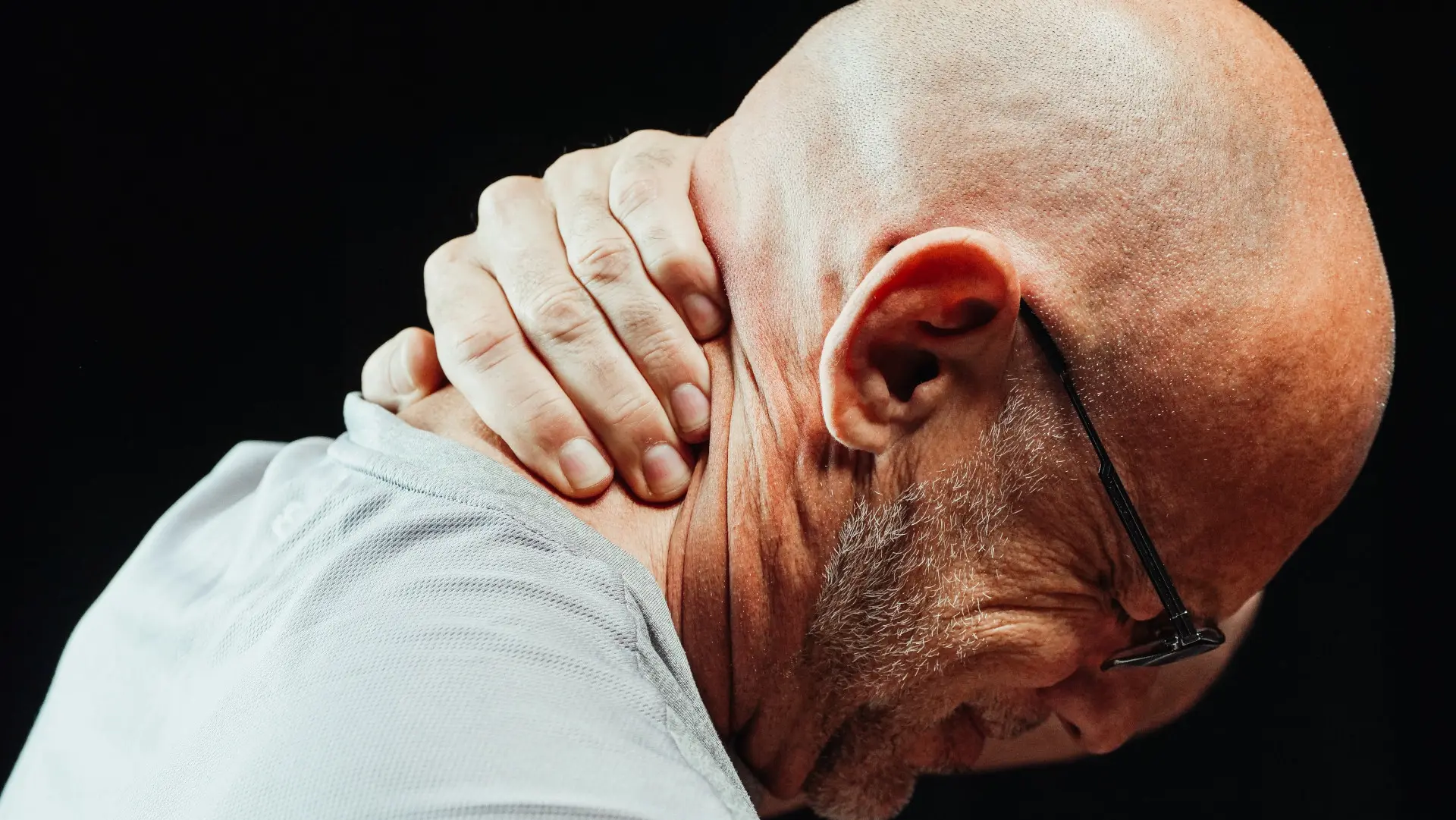
Neck Pain
LEARN MORE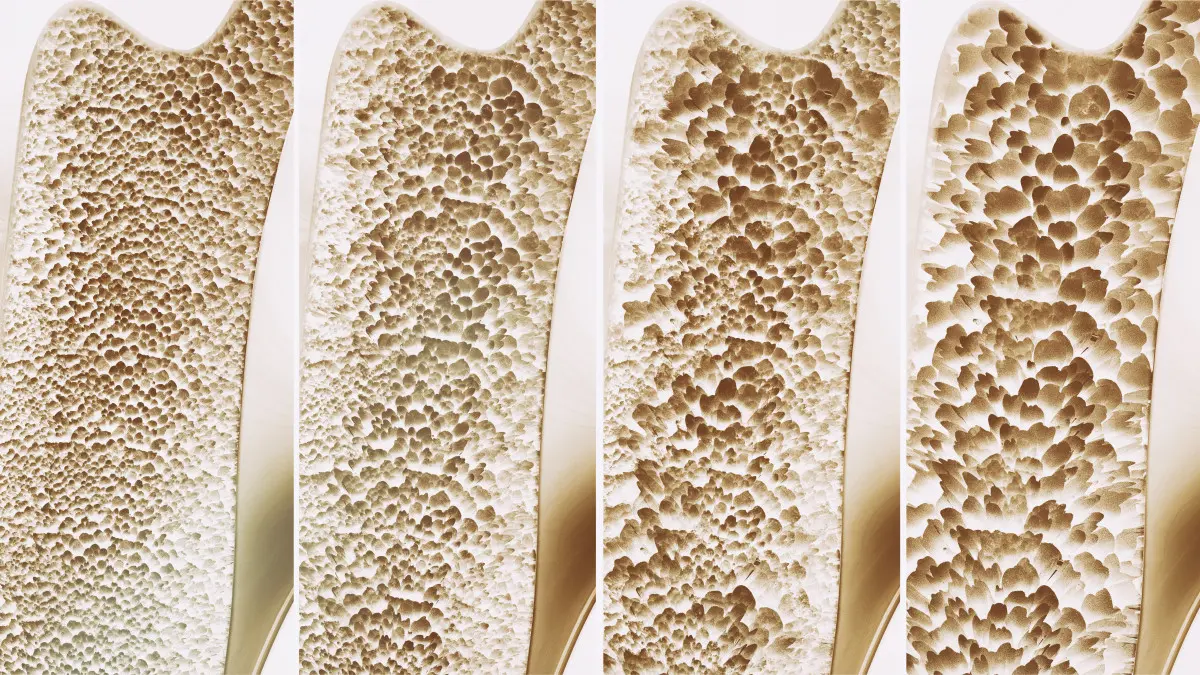
Osteoporosis
LEARN MORE
Lower Back Pain
LEARN MORE
Arthritis
LEARN MORE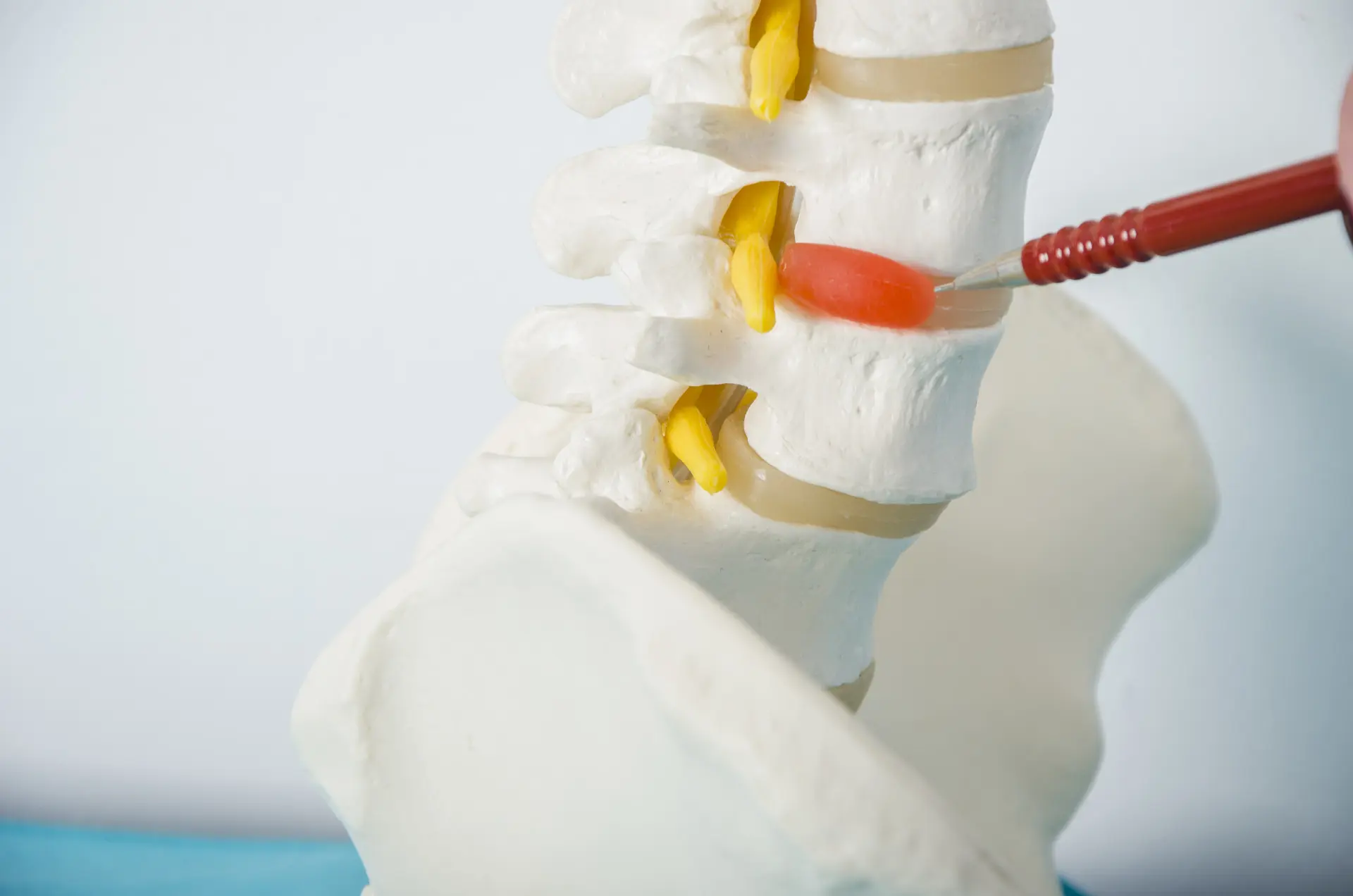
Herniated Disc
LEARN MORE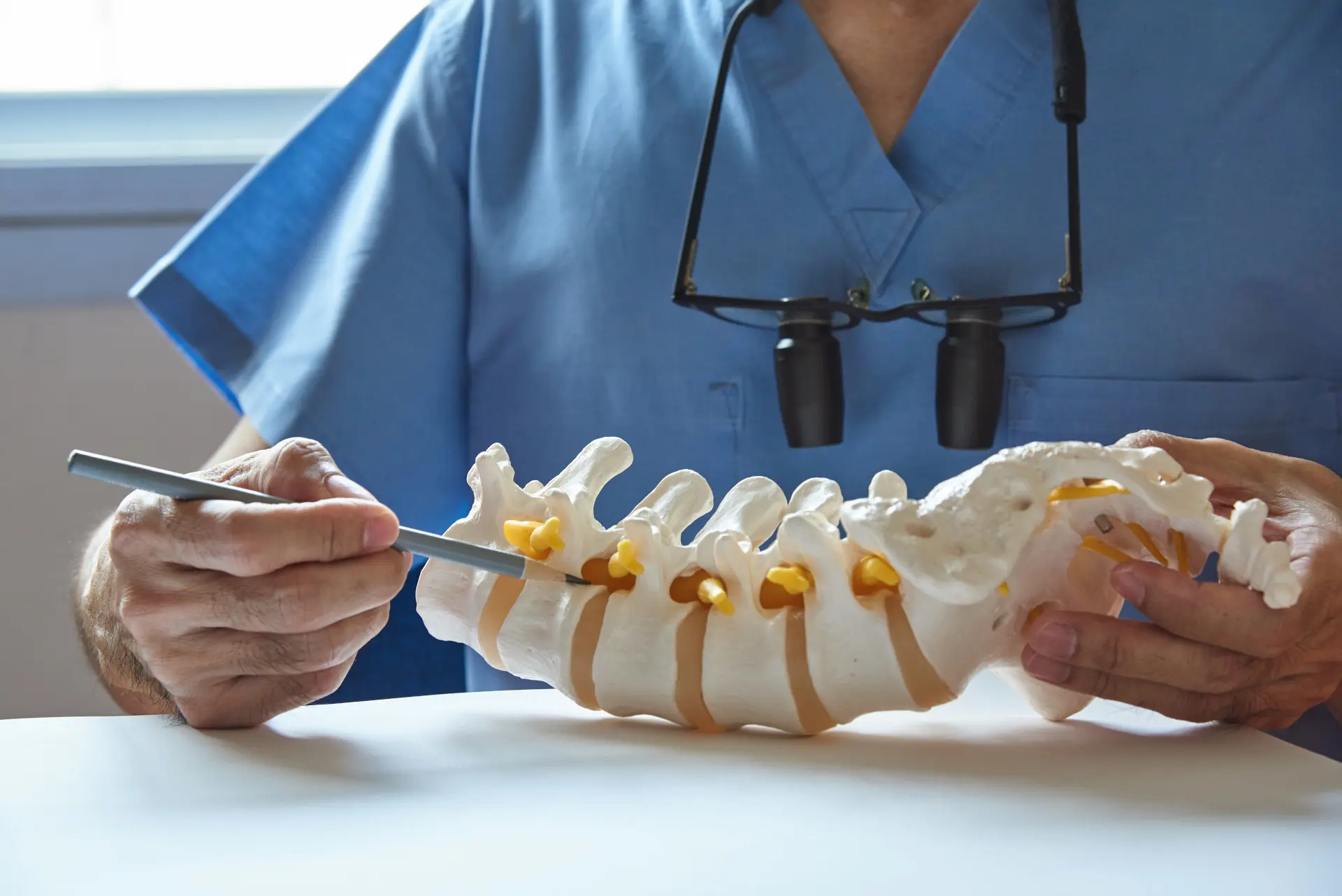
Spinal Stenosis
LEARN MORE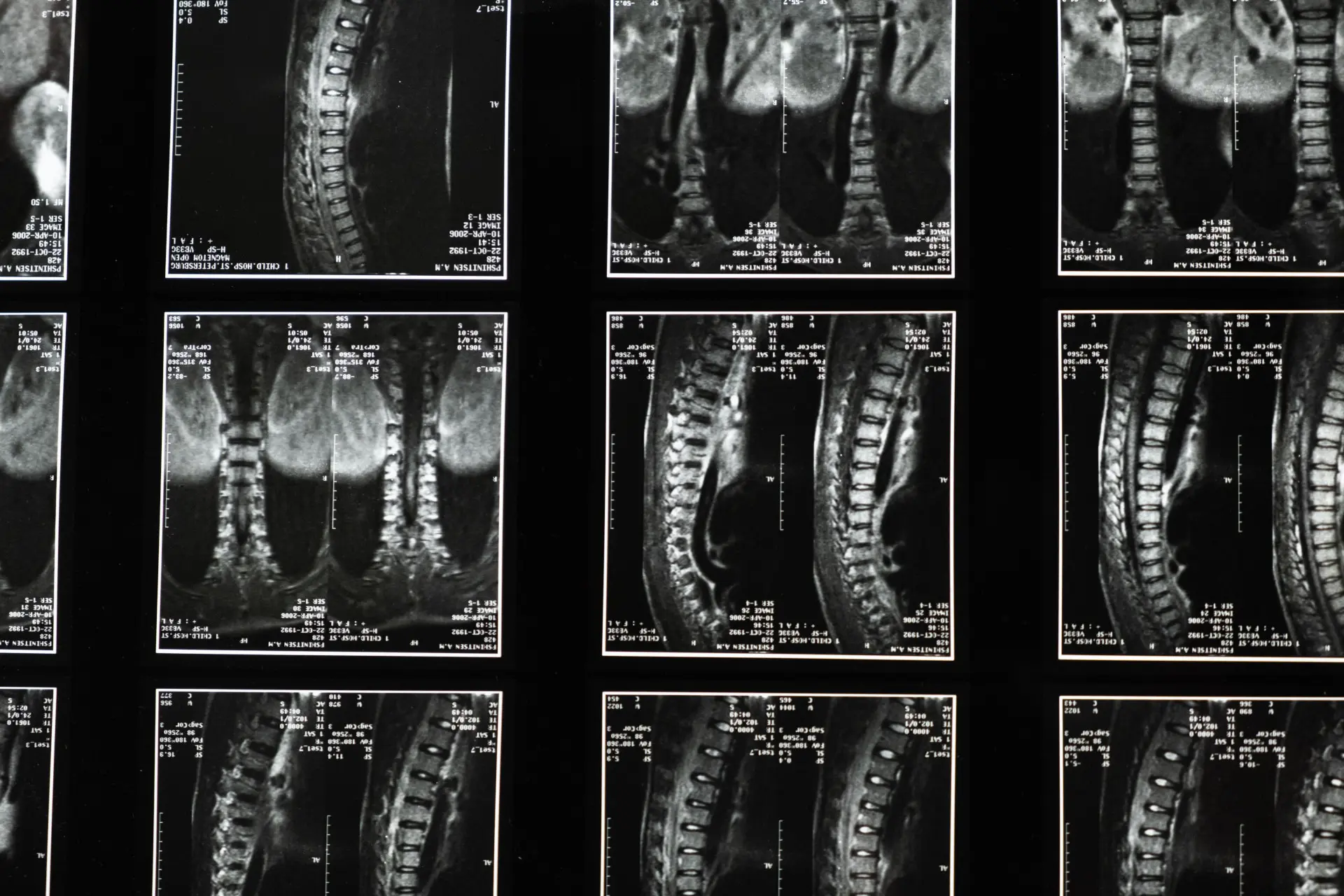
Degenerative Disc
LEARN MORE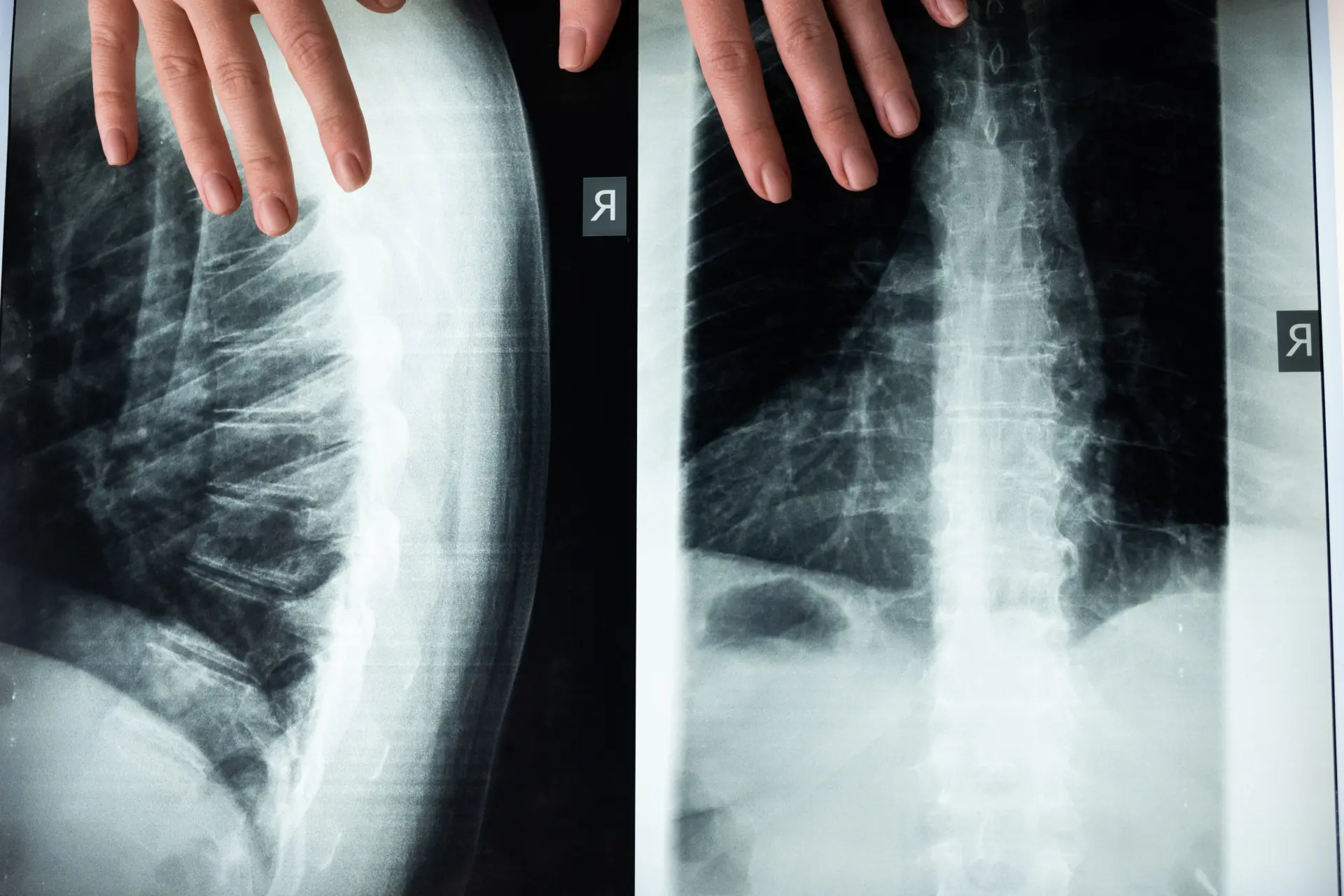
Scoliosis
LEARN MORE

